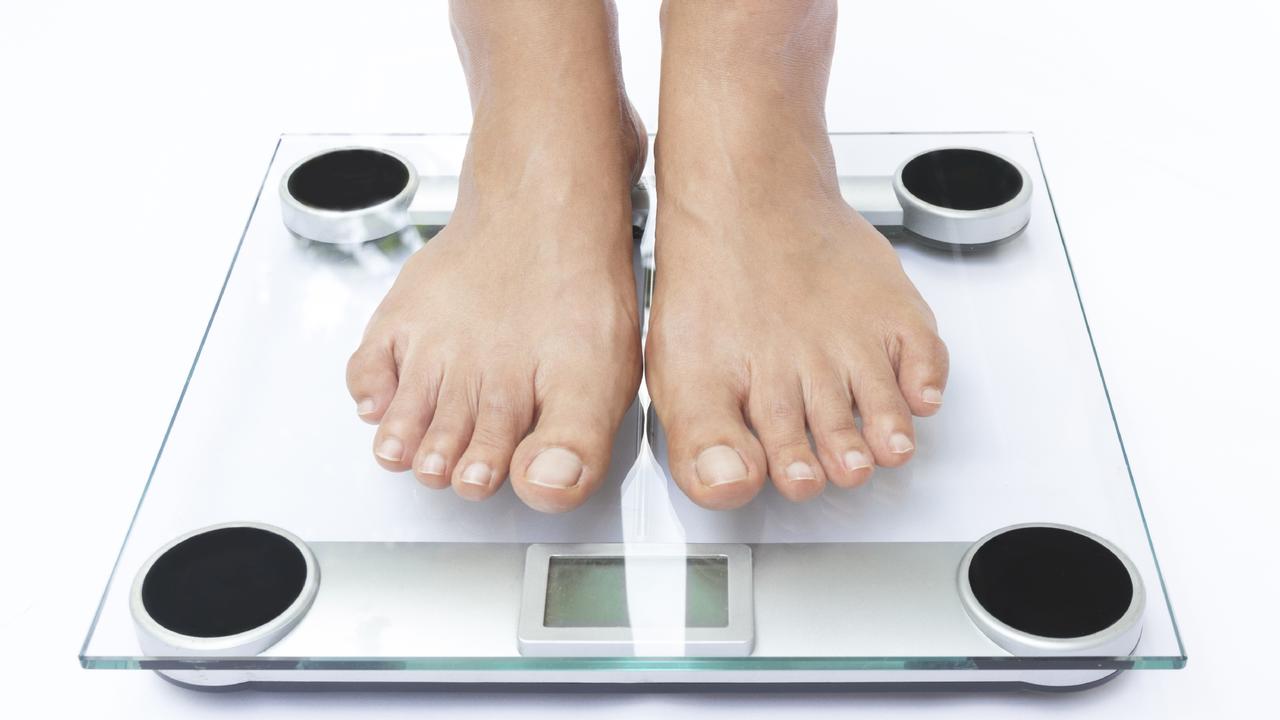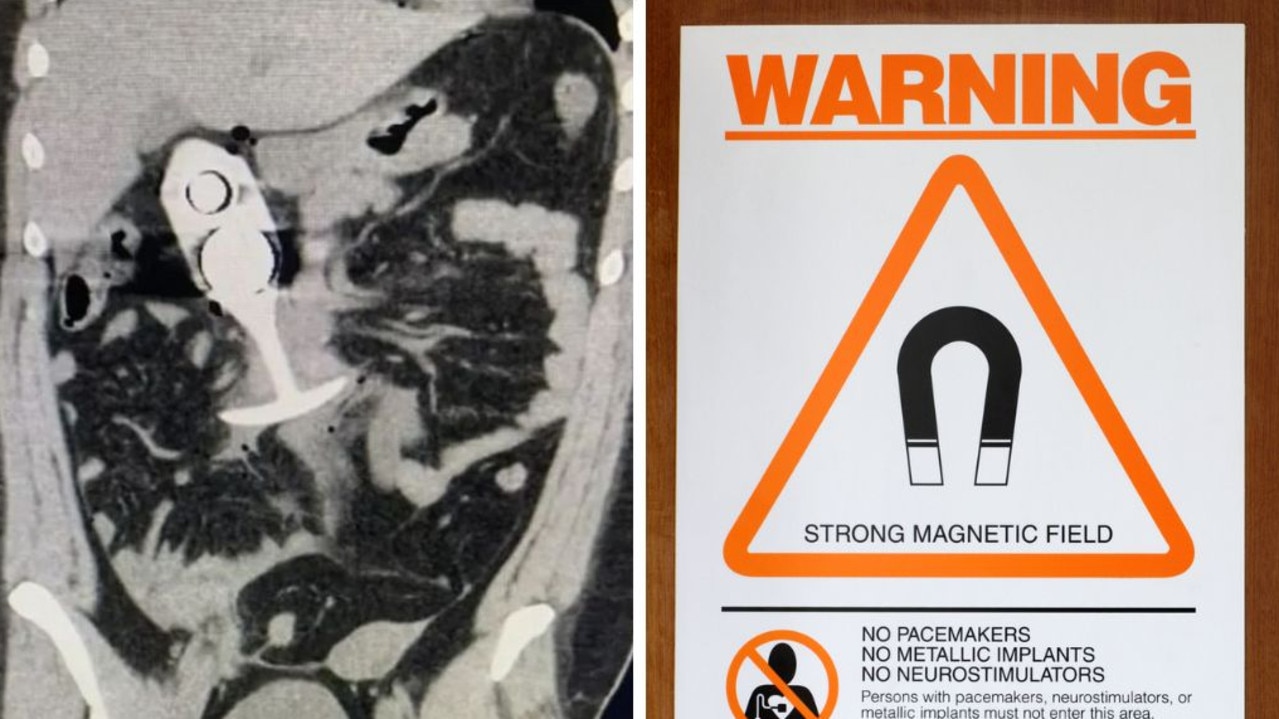Breast Cancer Trials: BRCA-P trial to prevent people with BRCA1 gene having surgery
The dramatic surgery thrust into the spotlight by Angelina Jolie might be no more as women opt for ways to avoid having to remove their breasts.

It’s been seven years since Angelina Jolie famously announced she had undergone a double mastectomy to avoid getting breast cancer.
Since then, countless women who have found out they have the BRCA1 gene mutation have opted to have the same surgery, removing both their breasts at a very young age, or undergoing a full hysterectomy to avoid being diagnosed with cancer.
But a new treatment is hoping to prevent the dramatic procedures altogether.
The Breast Cancer Trials, BRCA-P trial, aims to lessen the chance of developing breast cancer in carriers of the BRCA1 gene mutation.
The preventive treatment hopes to bring the risk of breast cancer for those with the gene down from the current 70 per cent.
The trial involves 2918 patients and is open to women with a confirmed BRCA1 gene mutation who have not been diagnosed with breast cancer.
It will investigate if using Denosumab - a drug currently used to strengthen the bones of people with osteoporosis - is a safe and effective way of preventing the disease.
Cousins Raelee Kingdom and Lisa Lloyd have been the first to sign up.
RELATED: Woman shares confronting images of her post-cancer body after double mastectomy
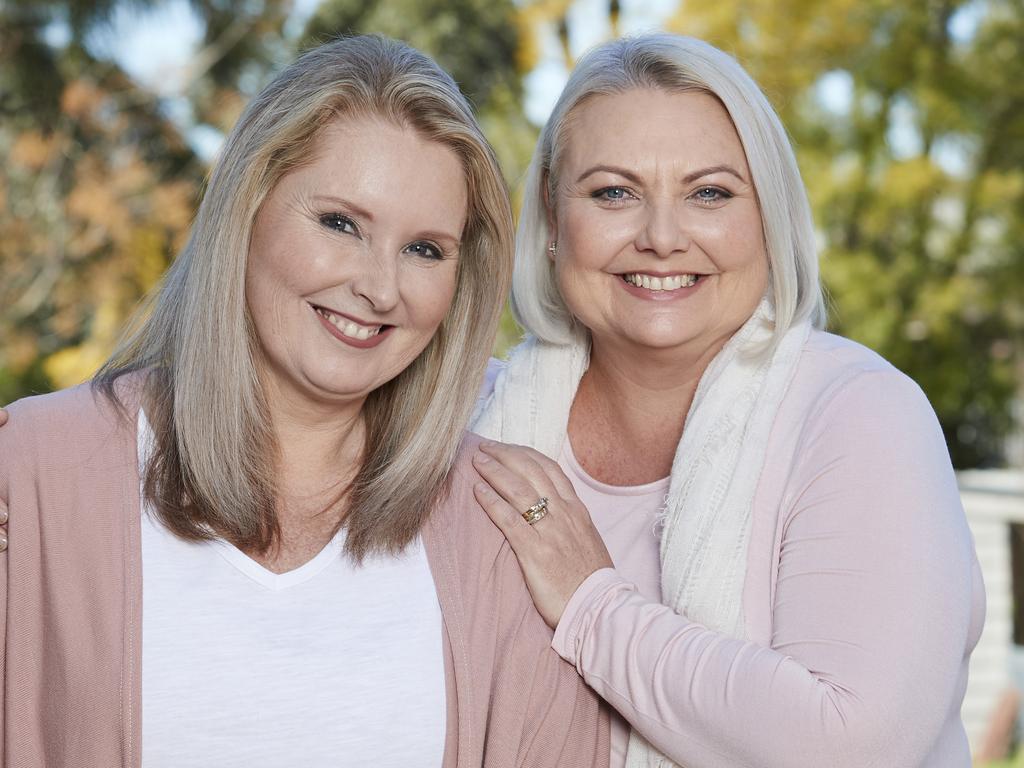
Raelee Kingdom, from the Hunter Valley, has experienced a considerable amount of family tragedy in her 46 years.
Ms Kingdom’s grandmother and two sisters have both had breast cancer, and another has had ovarian cancer.
Her mother is currently battling breast cancer, having just gone through chemo.
Once Ms Kingdom tested positive for the BRCA gene mutation, as well as her two cousins, she thought that meant a full hysterectomy and mastectomy.
But her surgeon, Dr Christine O’Neil, let her know about the trial and she convinced her cousin to take part as well.
At least one in 400 women in the developed world carries the hereditary BRCA1 gene mutation.
RELATED: Victorian sisters with BRCA gene get double mastectomy on the same day
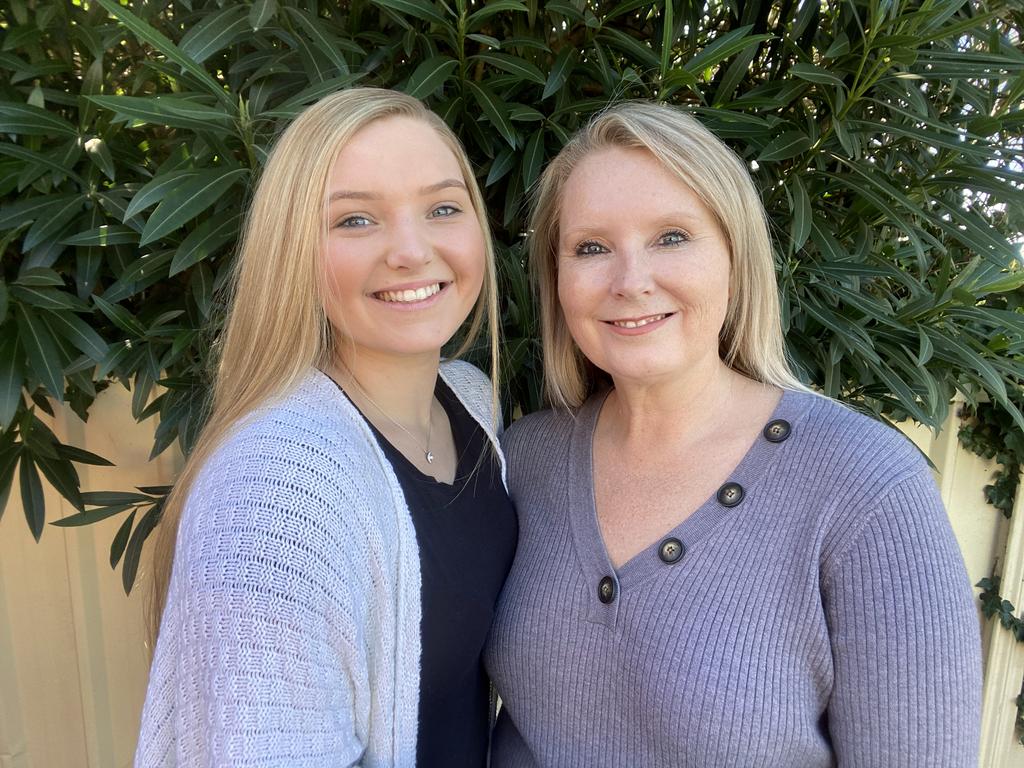
“Despite knowing the significant odds of me carrying the gene mutation, it was still an enormous shock when I found out I was positive,” Ms Kingdom said.
“I vowed I would do everything I possibly could to prevent myself from developing breast cancer.
“I had a hysterectomy and thought I’d be having a mastectomy shortly after, but due to working closely with Dr O’Neil who recruited me on the trial, and with regular check-ups with my medical team, I am less anxious about developing breast cancer.
“I’m very glad that hopefully we can improve the outcomes for people with the gene mutation. I’m honestly living life to its fullest alongside my two beautiful grown up children.”
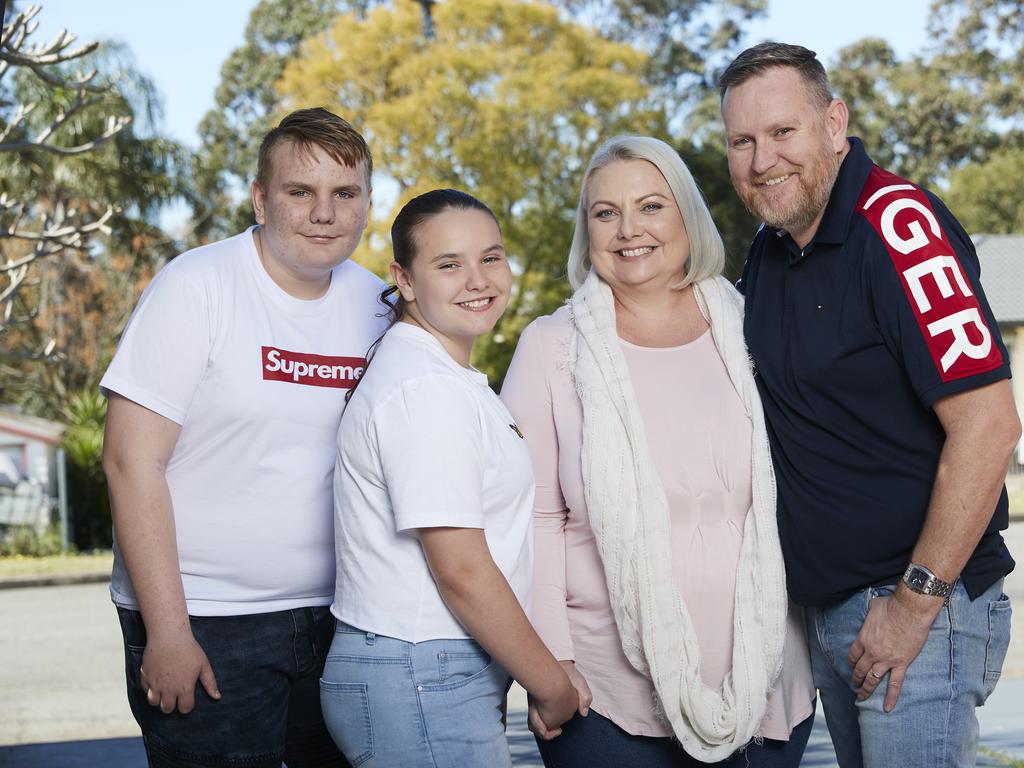
Ms Lloyd, 48, is a registered nurse and has two children, Harrison, 14. and April, 11.
“I have a number of family members who have the BRCA 1 gene,” she said.
“Although I wish that they didn’t for obvious reasons, it has been good to have others there to share the experience with and to talk to about the same issues and decisions that I am facing.”
Ms Lloyd has also had gynaecological surgery to lower her risk of ovarian cancer.
“We both see the same specialists and surgeons, so it is no surprise that we have both made the same decisions when it has come to taking part in this trial,” she said.
Ms Lloyd hopes that their decision will help to make a difference for the next generation in their family.


